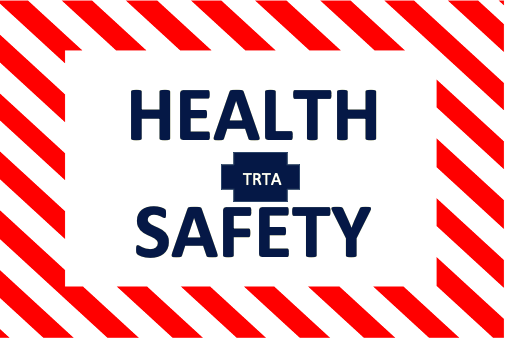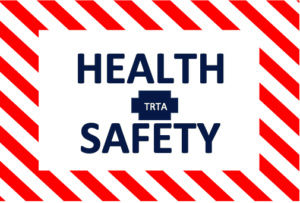Sleep is as important for good health as diet and exercise is. It improves your brain performance, mood, and health. In fact, not getting enough quality sleep raises the risk of heart disease, stroke, obesity, and dementia.
Sleep is the “down time” when a tired brain gets to rest most people think, but sleep prepares your brain to learn, remember, and create. The brain even has a drainage system that removes toxins during sleep.
Dr. Maiken Nedergaard found that the brain removes toxins during sleep, almost like a kidney removes waste from the system. Research using mice demonstrated that proteins linked with Alzheimer’s disease were removed twice as fast from the brain during sleep. Blood vessels and the immune system use sleep as a time for repair.
Most adults need at least seven hours or more of sleep. Older adults are more likely to take medications that interfere with sleep. Nedergaard states that “It’s a myth that one can catch up later on sleep.” People gain weight with a lack of sleep. Their blood sugar levels also got worse. However, if you are sleeping more than nine hours and you still don’t feel refreshed, there may be some underlying cause.
Sleep disorders like insomnia can be short-term, while long-term insomnia lasts for three months or longer. The upper airway becomes blocked during sleep. This can turn into a serious disorder that needs medical treatment. You might keep a sleep diary for several weeks so that your health provider can do a sleep study on you. Treatments are available. Cognitive behavioral therapy can help many people with insomnia. Medications can help, and a device called a CPAP machine can keep the airway open. Some people are helped with mouth guards and lifestyle changes. Sleep is a biological necessity.
Wise Choices
- Stick to a sleep schedule. Go to bed and wake up at the same time every day.
- Get exercise every day, but not close to bedtime.
- Avoid nicotine and caffeine. Caffeine can take six to eight hours to wear off completely.
- Don’t take mid-afternoon naps.
- If you do nap, keep it short.
- Avoid alcohol and large meals before bedtime.
- Limit electronics before bedtime.
- Try reading a book, listening to soothing music, or some other relaxing activity.
- Keep the temperature as cool as possible.
- Get rid of sound and light distractions.
- Don’t lie in bed awake. Get up and do a relaxing activity until you feel sleepy again.
- See your health care provider if nothing you do helps.
Dr. Maiken Nedergaard. National Institute of Health
nihnewsinhealth@od.nih.gov


